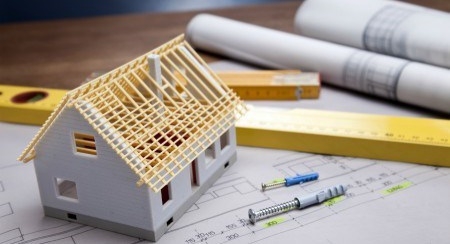1. Why Banks Are Reluctant to Bond Wooden or Iron-Wooden Structures
a. Durability and Perceived Risk
Banks see traditional brick-and-mortar homes as more durable, weather-resistant, and fire-resistant. Wooden or iron structures, especially if not built to code, are often considered:
- More prone to damage from weather, fire, and pests.
- Less likely to have a long lifespan.
- Costlier to insure and maintain.
b. Collateral Risk
When you apply for a bond, the property serves as collateral. If you default, the bank needs to be able to sell the property to recover the money. A non-standard structure:
- Might not attract buyers.
- Could be devalued or uninsurable.
- Might even need to be demolished if it’s non-compliant.
c. Compliance and Building Standards
Banks only finance homes that comply with:
- Municipal zoning and land use laws
- SANS 10400 (South African National Building Regulations)
- NHBRC (National Home Builders Registration Council) if it’s a new build
Most wooden or iron-wooden structures, especially informal or self-built ones, do not meet these requirements unless professionally done.
2. When a Wooden Structure Might Be Bondable
There are exceptions — some wooden homes can qualify if they are:
a. Professionally Designed and Built
- Engineered timber homes (e.g., prefabricated wooden homes or log cabins) built by certified contractors.
- Designed to last 20+ years with SABS-approved materials.
- Built on a proper foundation with plumbing, electrical, and insulation installed to code.
b. Municipally Approved
- The structure has approved building plans.
- It’s zoned for residential use.
- Compliance certificates are issued for plumbing, electricity, and engineering.
c. Insurable
- You can get full home insurance (not just contents).
- Some banks require insurance as a condition of the bond.
d. Registered on the Title Deed
- The structure must be registered on the deed as part of the permanent improvements.
Even then, not all major banks will approve it — you may need to consult several.
3. Alternatives If You Can’t Get a Bond from a Bank
a. Alternative Lenders or Development Institutions
Some non-bank lenders or housing finance institutions offer loans for:
- Alternative building methods (e.g., timber-frame homes)
- Incremental housing upgrades Examples include:
- uBank
- SA Home Loans (under certain conditions)
- Development Bank of Southern Africa (DBSA)
- Human Settlements subsidy schemes, if you qualify
b. Securing a Loan on the Land Alone
If the structure is not bondable but the land has a title deed, some banks may offer a loan:
- Against the land value only, not the structure.
- Usually at a lower loan-to-value (LTV) ratio.
c. Personal Loans or Home Improvement Loans
- Unsecured personal loans (higher interest)
- Loans from microlenders
- Cooperative or community lending schemes
d. Rebuilding to Code
- If long-term affordability is the goal, replacing or upgrading the structure with a permanent, bankable building might be more financially viable over time.
Summary
| Factor | Traditional Banks | Alternative Options |
|---|---|---|
| Wooden/Iron Structures | Usually rejected | Sometimes allowed if to code |
| Municipal Approval | Required | Still often required |
| Insurance | Mandatory | Varies by lender |
| Land as Collateral | Possible | Yes, even without a structure |
| Alternative Lenders | Rare but available | Yes – some focus on low-cost housing |
| State Subsidies (e.g. FLISP) | Only for approved homes | Can help build permanent structures |












No comments:
Post a Comment